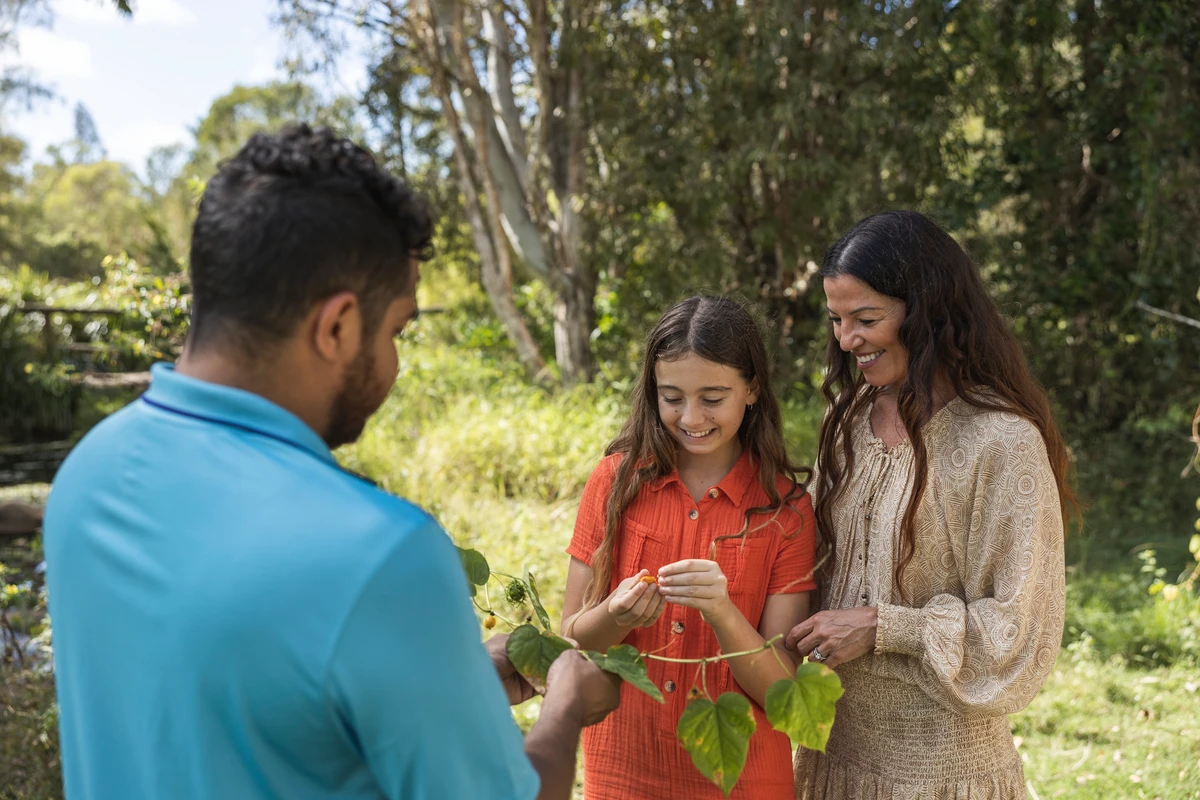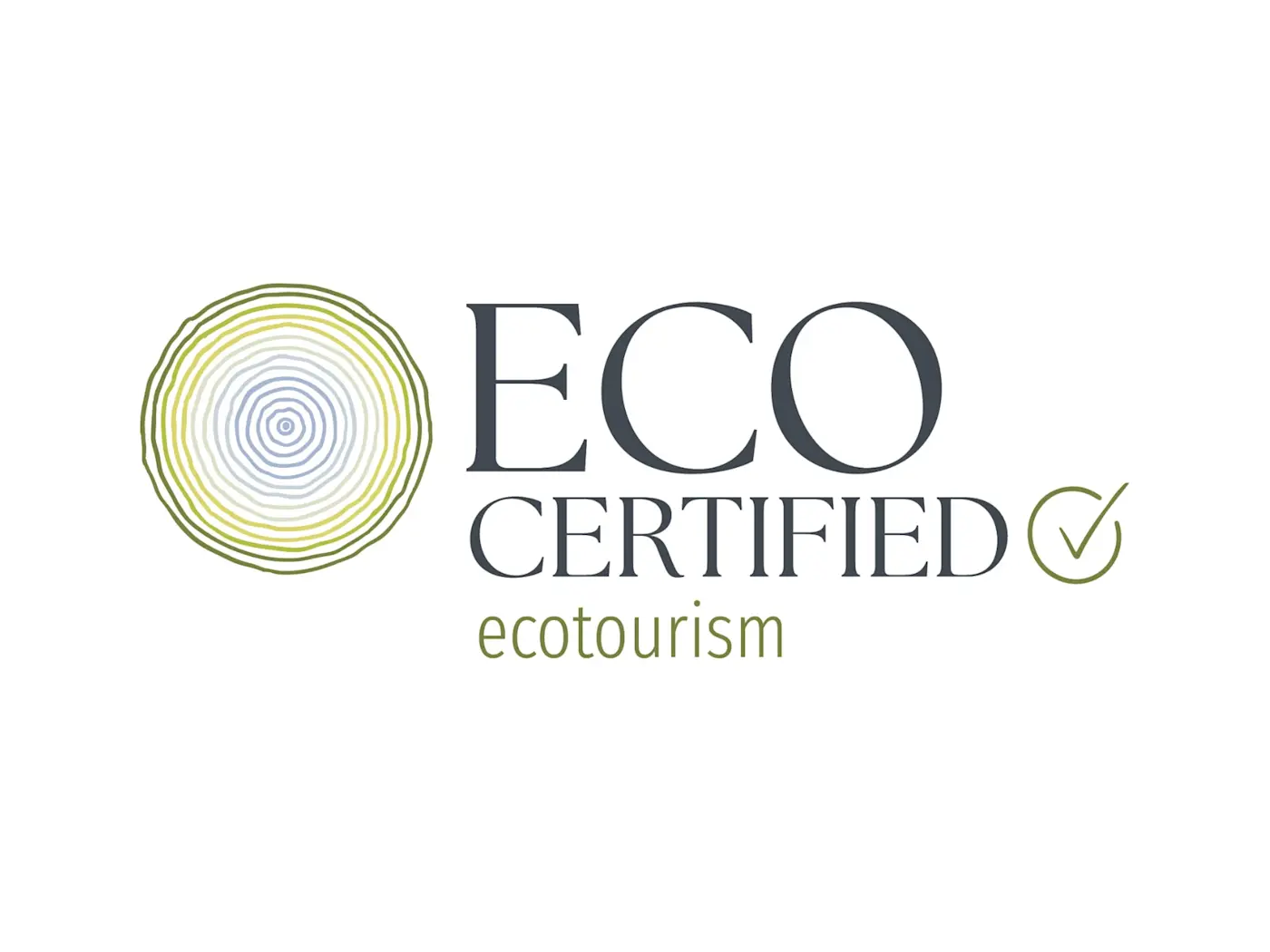
Mon Repos, Queensland
Sustainability and Environment at Turtle Sands
The NRMA is committed to sustainability to ensure we are playing our part in preserving iconic destinations and tourist attractions for generations to come. Turtle Sands was NRMA’s first complete new build and was designed and built with the environment and sustainability at the forefront of the development every step of the way. The Nature Resort is an industry leader in sustainable operations. Guests at Turtle Sands will enjoy a comfortable stay and feel good about minimising their impact on the planet.
Environmental Conservation + Ecosystems
Turtle Sands, located beside Mon Repos Conservation Park and the Great Sandy Marine Park, is a coastal sanctuary renowned for its ecological significance and natural beauty. Mon Repos Beach itself features a stunning landscape that transitions from golden sands to shellgrit, pebbles, and volcanic rock, reflecting its dynamic geological history. The surrounding park encompasses diverse ecosystems, including intertidal zones with saltmarshes and mangroves, as well as coastal swamps dominated by Melaleuca and Eucalypt species. This rich environment plays a vital role in the conservation of marine turtles, making Turtle Sands the perfect place to experience both the natural and ecological wonders of the region.
Mon Repos is globally recognised for supporting the largest concentration of nesting marine turtles on the eastern Australian mainland, particularly the endangered loggerhead turtle, making it a critical site for their conservation . The area also supports a rich biodiversity, with over 600 recorded wildlife species, including various birds, reptiles, and mammals.
Visitors can explore the Mon Repos Turtle Centre to learn about marine turtle conservation and enjoy walking and cycling tracks that offer immersive experiences of the park's unique landscapes and ecosystems
Guest Education and Engagement
At Turtle Sands, we believe that the key to conservation is education and inspiring our guests to be part of the solution. One of our top priorities is helping visitors understand the vital role they play in protecting the delicate coastal environment that supports endangered marine turtles.
That’s why we’ve created the a commitment every guest is asked to make when booking their stay. As part of the booking process, guests receive important information about turtle conservation and are required to sign the Promise, agreeing to follow a few simple guidelines that help protect the turtles and their habitat. This includes reducing light pollution, night time beach closures, keeping a respectful distance from nesting areas, and minimising waste during their stay. These values are reinforced throughout the resort via interpretive signage and clear information on how to stay responsibly during turtle nesting season.
We also make it easy to take action, with colour-coded recycling bins, energy- and water-efficient accommodation, and guidance on low-impact behaviours. By weaving education, responsibility, and sustainability into every stage of the guest journey, we hope every visitor leaves Turtle Sands not only relaxed and reconnected with nature, but also inspired to be a lifelong protector of our precious coastal wildlife.

Cultural and Historical Significance of Mon Repos
Turtle Sands and the surrounding Mon Repos area hold deep cultural significance for the Taribelang Bunda, Gooreng Gooreng, Gurang, and Byellee peoples, the Traditional Custodians of this land. For thousands of years, these communities have maintained a spiritual and cultural connection to the coast, its wildlife, and natural cycles — including the seasonal arrival of nesting turtles. As part of our commitment to honouring and sharing this rich heritage, we encourage guests to embrace and respect the cultural stories and traditions woven into the landscape.
Our newly launched Sunrise Cultural Walking Tour, exclusive to Turtle Sands guests, offers a unique opportunity to connect with Country at first light. Led by Traditional Custodians of the Taribelang Bunda people, this immersive experience includes a Welcome to Country and Smoking Ceremony, insights into local bush tucker and native flora and fauna, and the Dreaming Story of the Saltwater Turtle. Guests will also discover the cultural importance of Mon Repos and conclude the tour with a Q&A session, complemented by light breakfast refreshments and coffee.
By participating in this tour and engaging with the cultural heritage of the area, guests gain a deeper understanding of the land's significance and the importance of preserving its natural and cultural resources for future generations.
Beyond its deep Indigenous significance, the Mon Repos area also holds important historical value linked to early European settlement, the South Sea Islanders, and scientific discovery. In the late 1800s, the land was developed into a sugar plantation named "Mon Repos" (French for "my rest") by Augustus Purling Barton, a prominent Bundaberg figure.
The South Sea Islanders, brought to the region as laborers, played a significant role in the development of the sugar industry and the area's cultural landscape. A notable historical feature is the rock wall at the southern end of the beach, which was built by these workers and remains a testament to their hard work and contribution to the area. The site later became renowned for pioneering turtle research, particularly by Dr. Colin Limpus, whose long-term studies helped establish Mon Repos as a vital turtle conservation site. Today, its rich blend of cultural, environmental, and scientific history makes it a place of both local pride and national importance.
